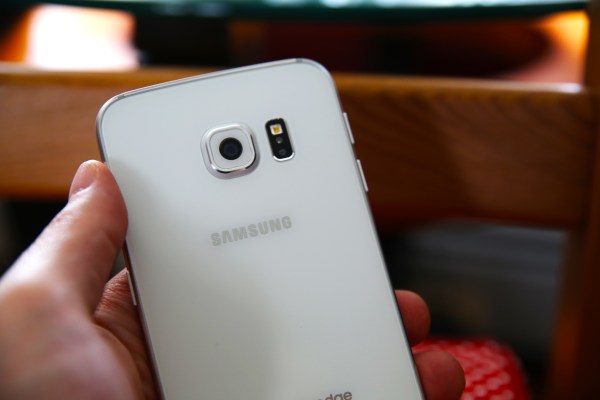Samsung Electronics warned investors today in its fourth-quarter earnings report that its next two quarters will be weakened by economic issues and a softer IT market. The Galaxy smartphone maker said it expects profits to remain flat during the first six months of 2016, but hopes for a recovery in the second half of the year.
“Expecting challenges in 2016 to maintain earnings due to a difficult business environment and slowing IT demand, the company will strive to improve performance in the second half, by capitalizing on strong seasonal demand for set business products and enhancing the product mix in components business,” Samsung said in a statement.
Macroeconomic woes include volatile currency exchanges rates, which also cut into rival Apple’s latest earnings results (though the iPhone maker did much better than Samsung, pulling a record high profit).
Samsung said that the strength of the Korean won compared to other major currencies had helped its third-quarter earnings, but changed to a negative impact of about 400 billion won (about $331 million) in the fourth quarter.
Earnings for the period from October to December were in-line with the guidance Samsung issued earlier this month. Operating profit was 6.1 trillion won ($5.05 billion), a 15 percent year-over-year increase, while revenue rose a slight 1.1 percent year-over-year to 53.3 trillion won.
Samsung’s full-year operating profit for 2015 was 26.4 trillion won, compared to 25 trillion won in 2014.
As in previous quarters, sales of Samsung mobile phones were pressured by increasing competition from other Android smartphone makers who are targeting the same growth markets, including China and India. The company’s mobile division made profit of 2.23 trillion won, a 7.3 percent decline from the previous quarter.
As usual, its semiconductor business outperformed other units with an operating profit of 2.8 trillion, compared to 2.7 trillion a year ago, but the company still expects slower demand in the first quarter because of seasonal issues and a weaker IT market.
